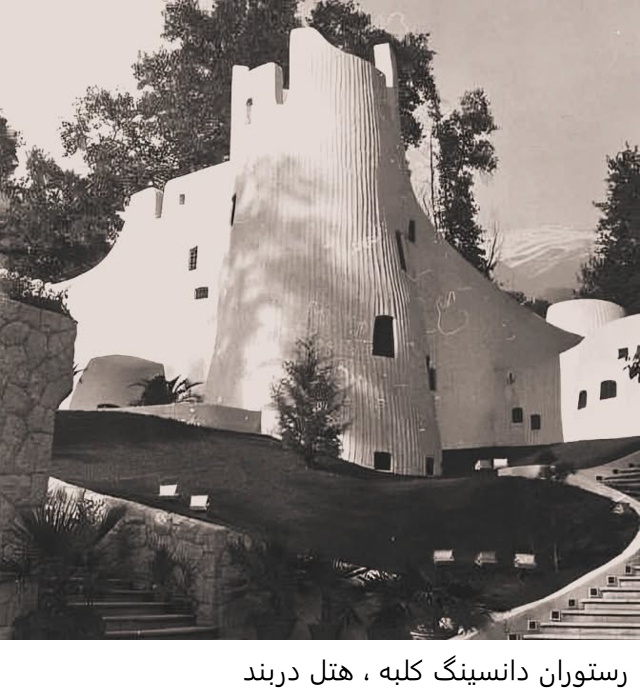Inside, life moved more slowly. The scent of freshly brewed Persian tea lingered through the hallways. There was a piano in the lounge — an old European model, polished and slightly out of tune — where, on quiet afternoons, a guest might play a few notes that echoed softly against the mountain walls. The hotel’s balcony overlooked Tehran’s growing skyline, and as night fell, the city below shimmered like a sea of lights. It was the kind of place where time seemed to pause — where conversations stretched into the night, and the boundary between guest and host felt blurred by hospitality and shared humanity.
The Darband Hotel was more than a place to stay; it was a reflection in the 1970s — a nation caught between deep tradition and rapid modernity. In the same way the hotel balanced rustic charm with modern design, so too did Tehran balance its thousand-year history with its newfound global ambitions. Many guests recall that the hotel’s visitors represented the full spectrum of social life at the time: aristocrats from Shemiran, university professors, young couples on weekend trips, and expatriates seeking the soul of Persian culture beyond the city’s formal institutions.


